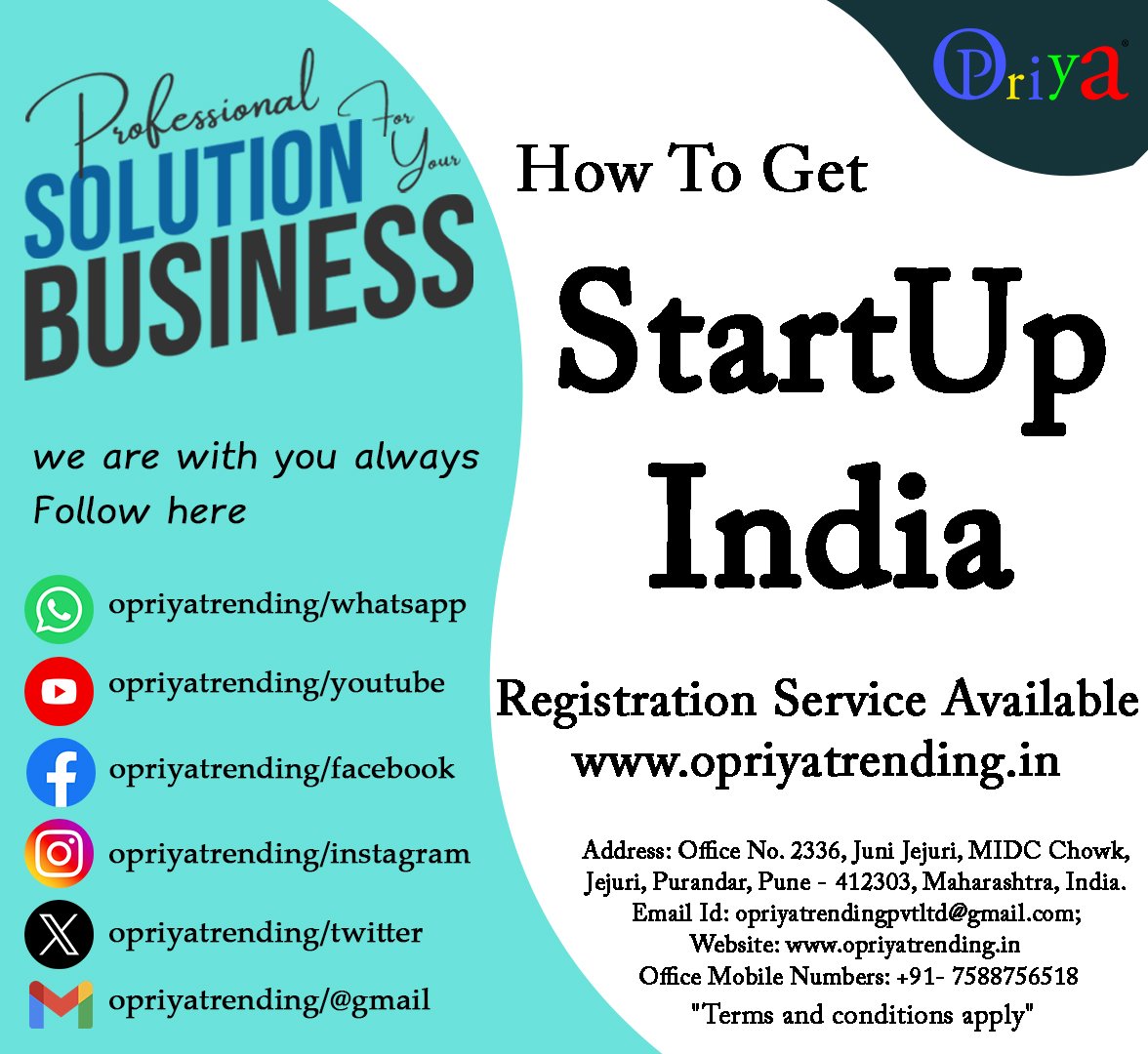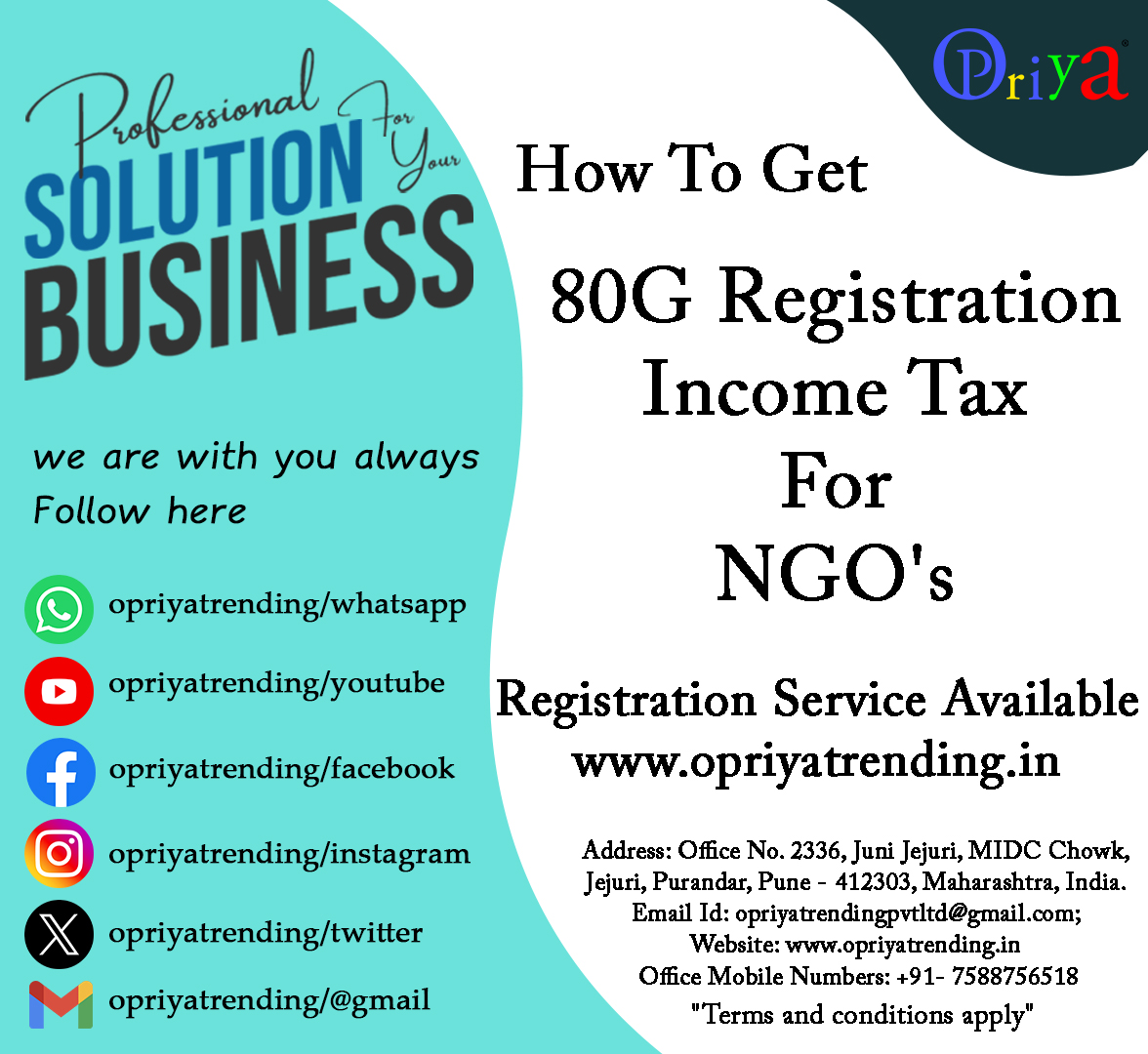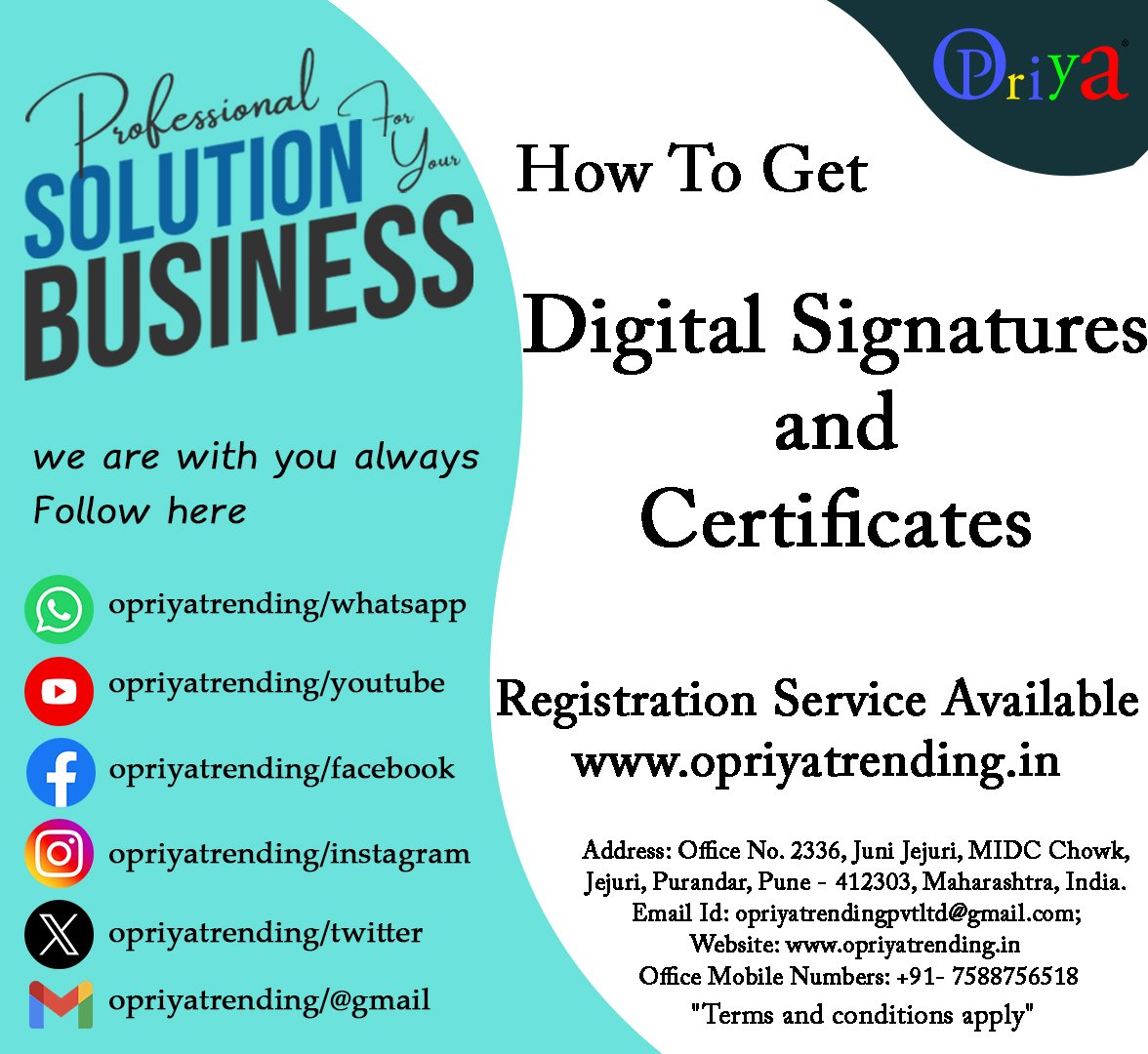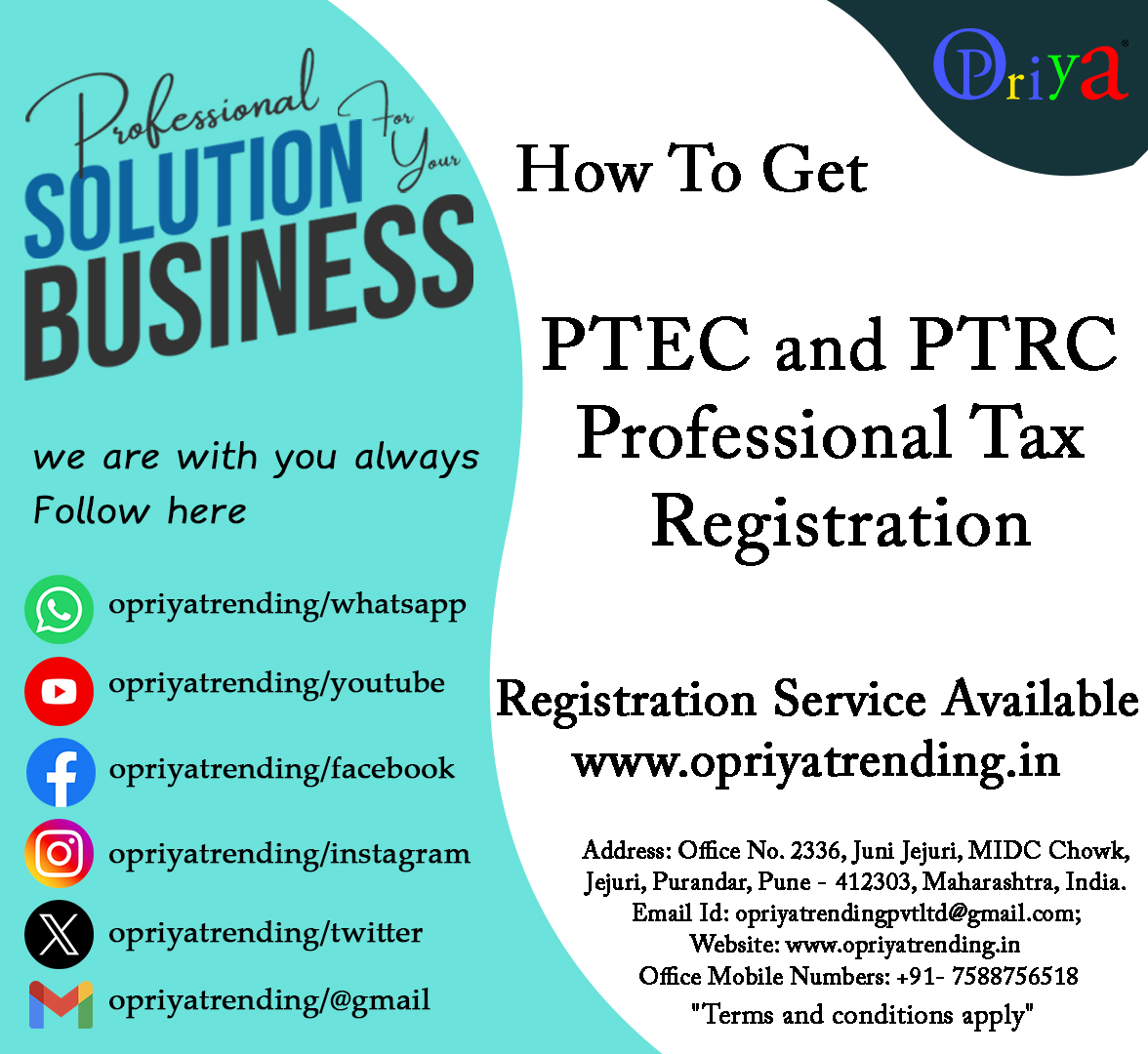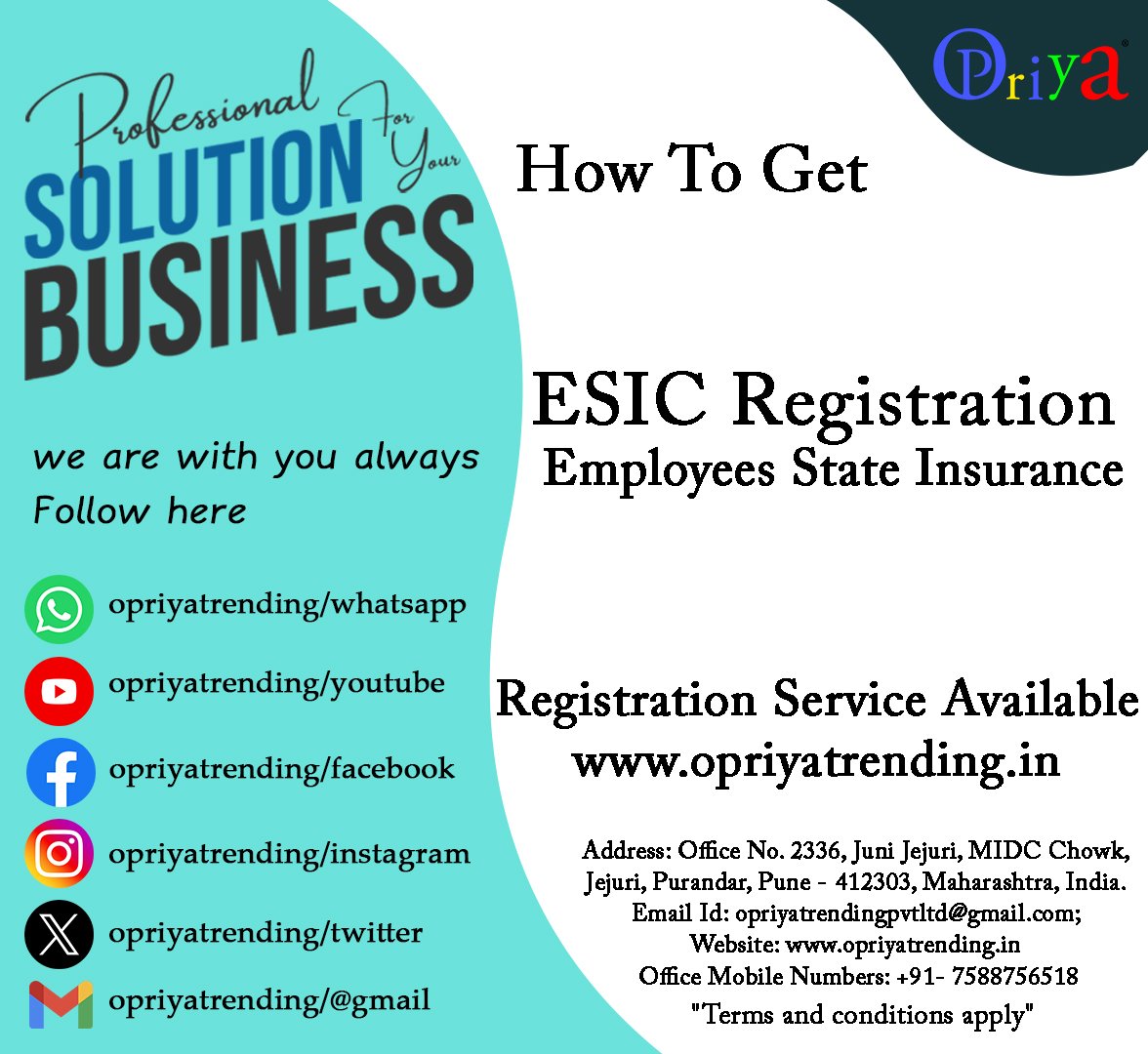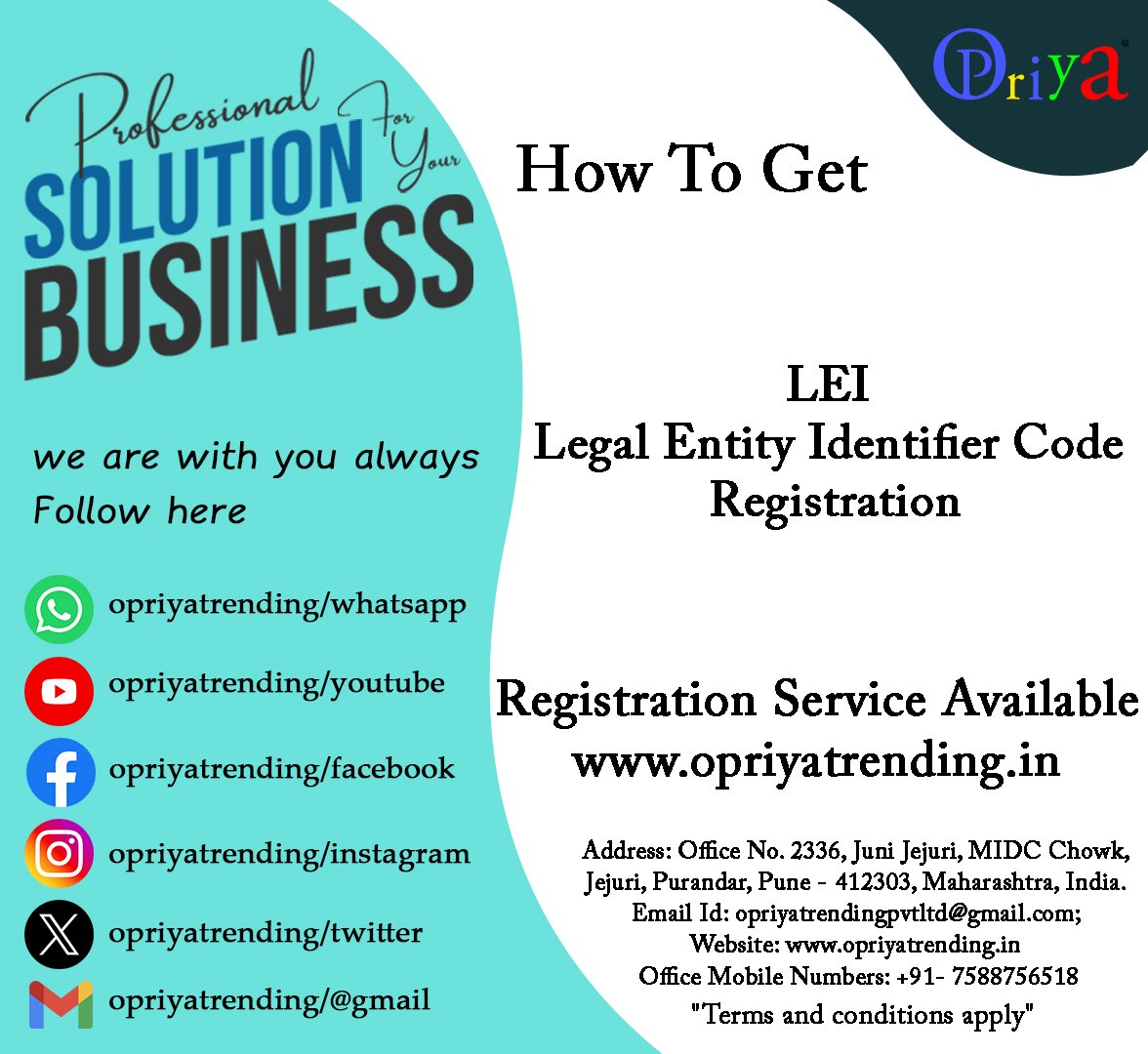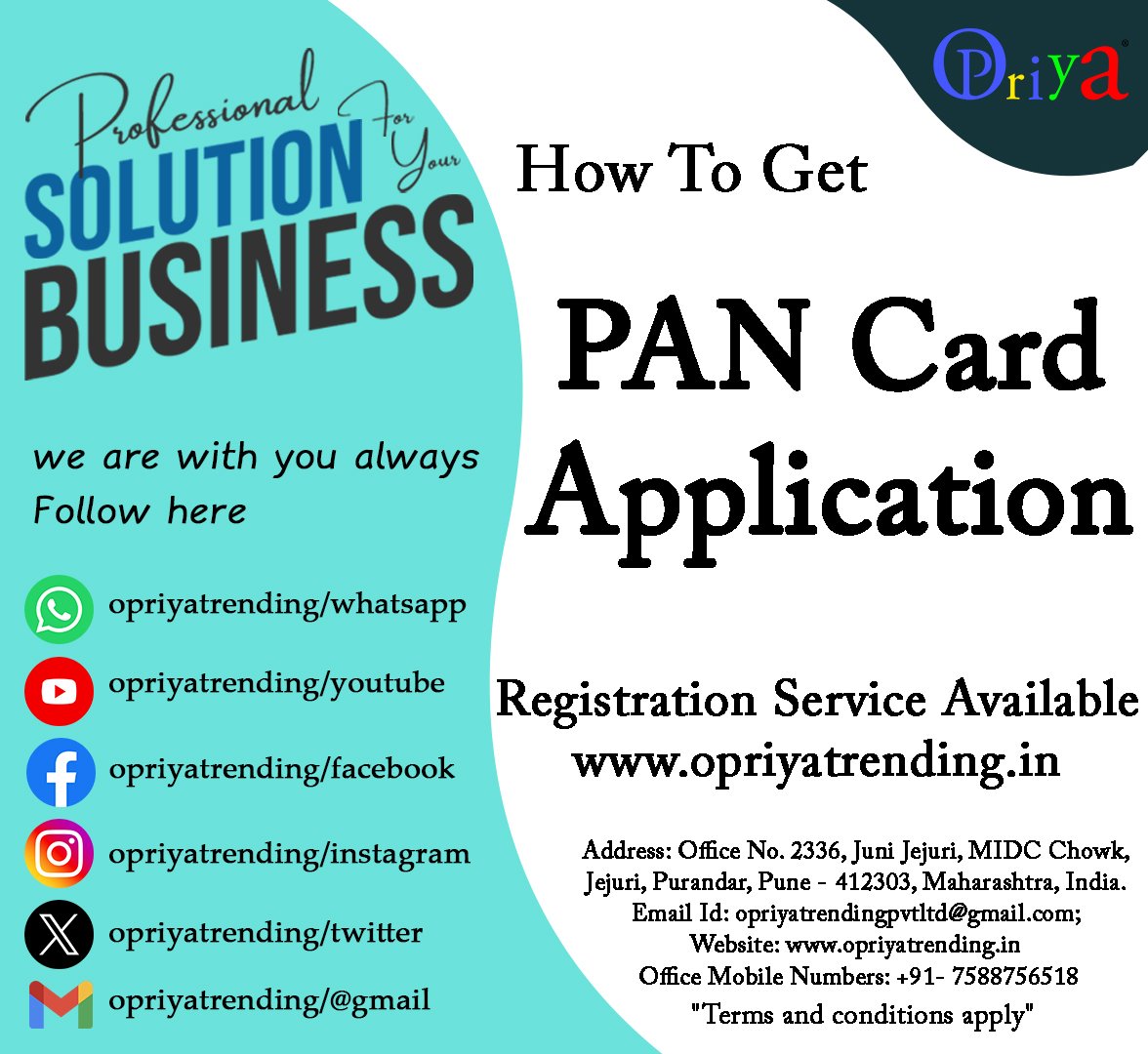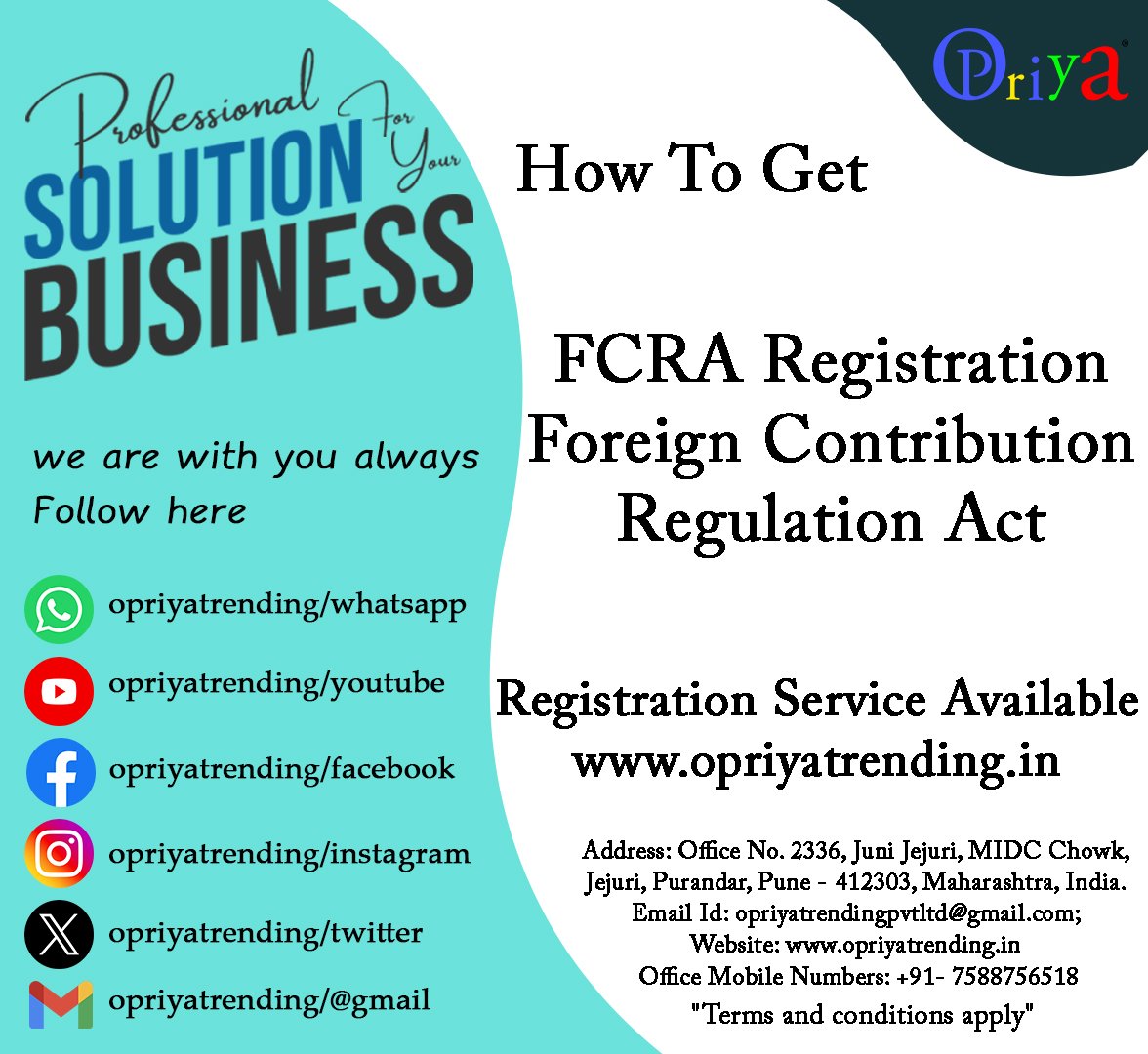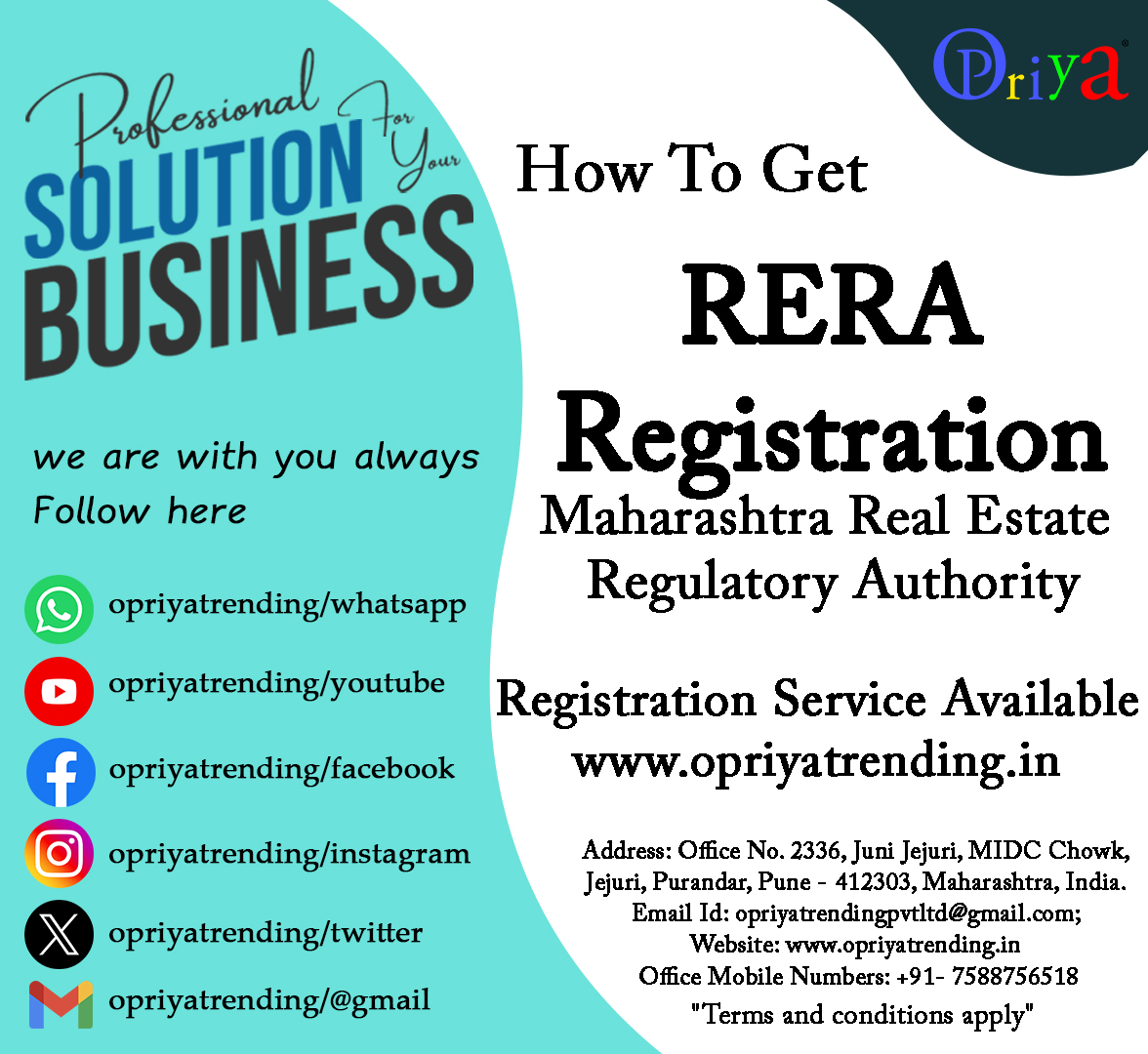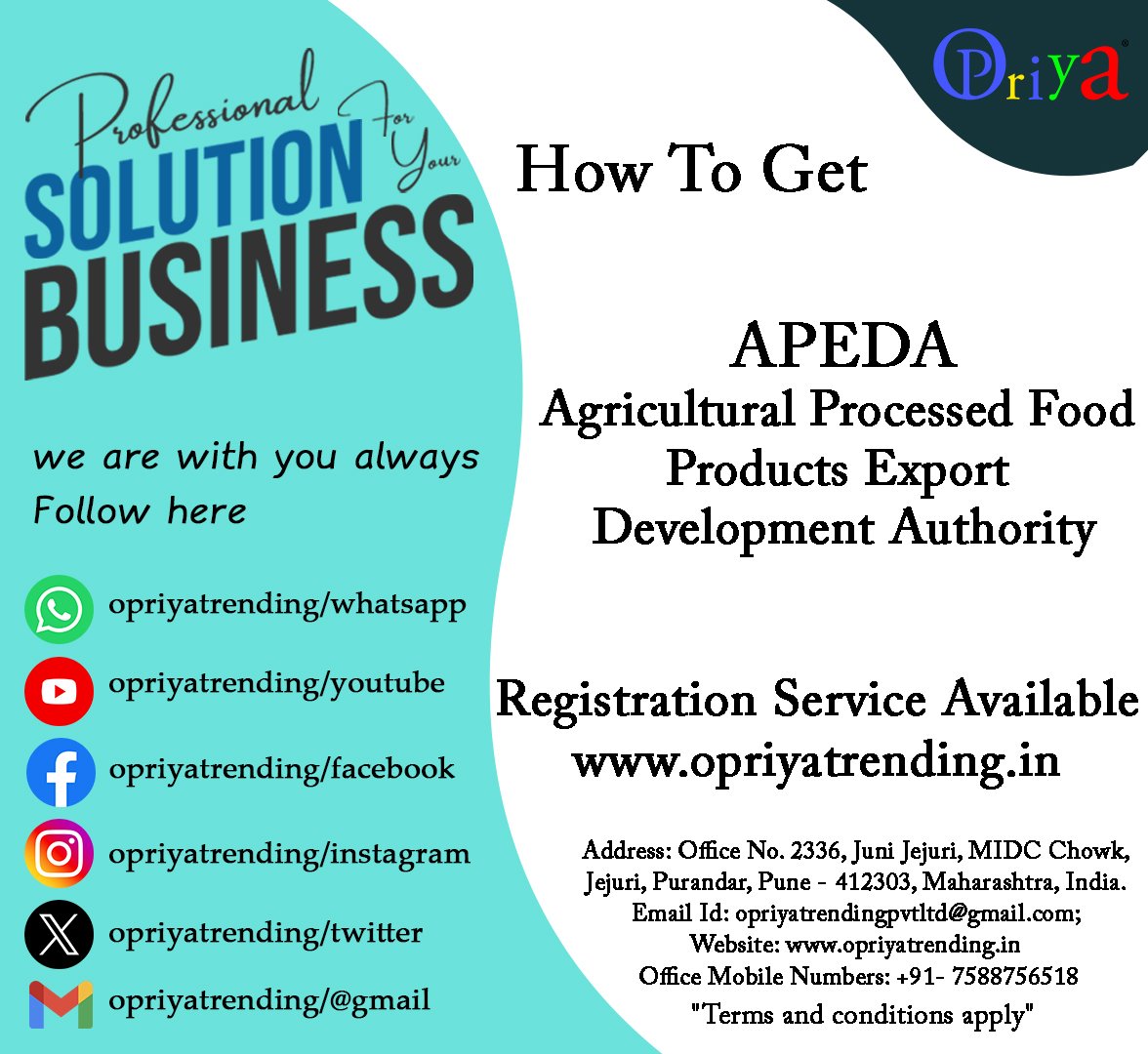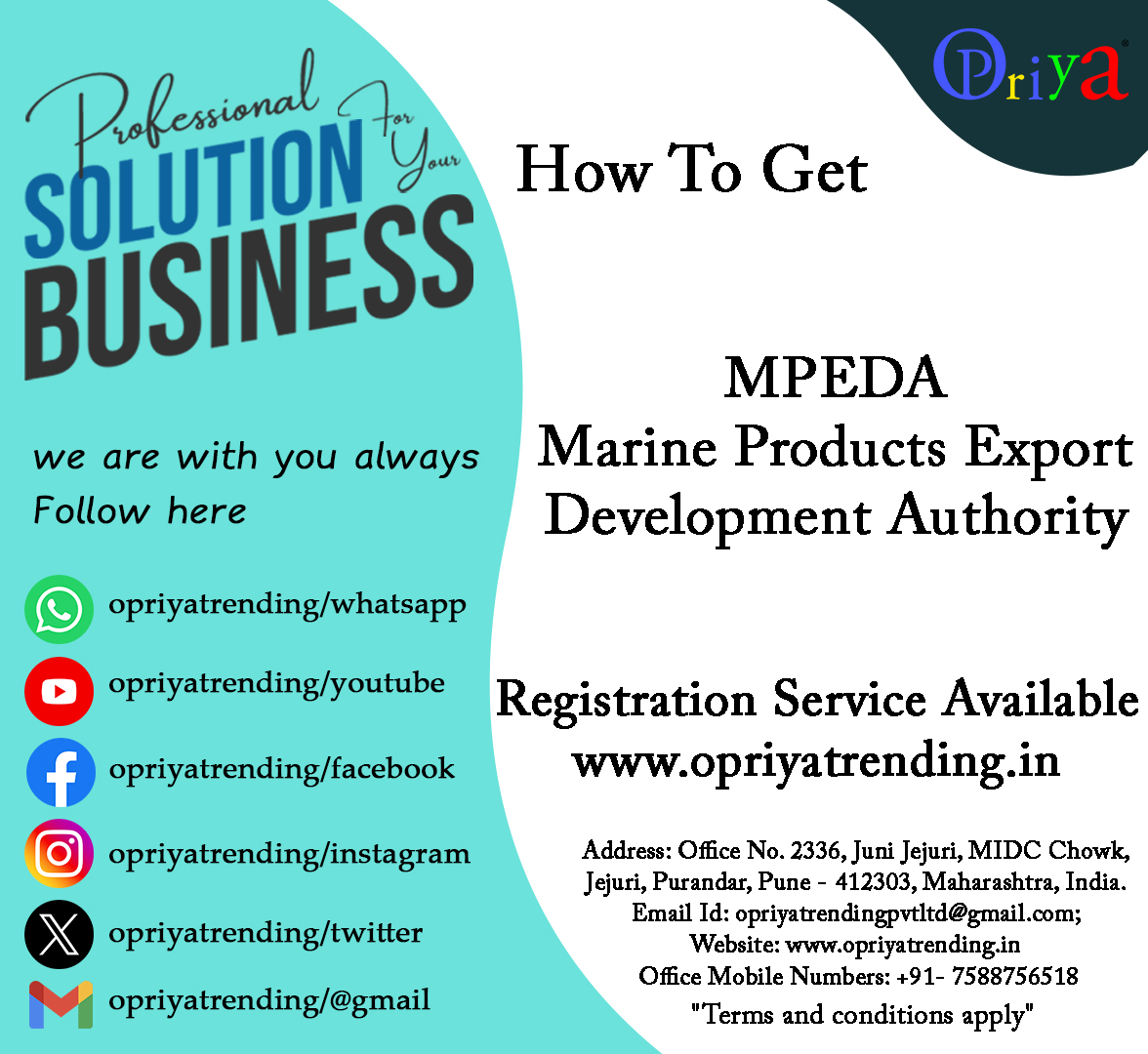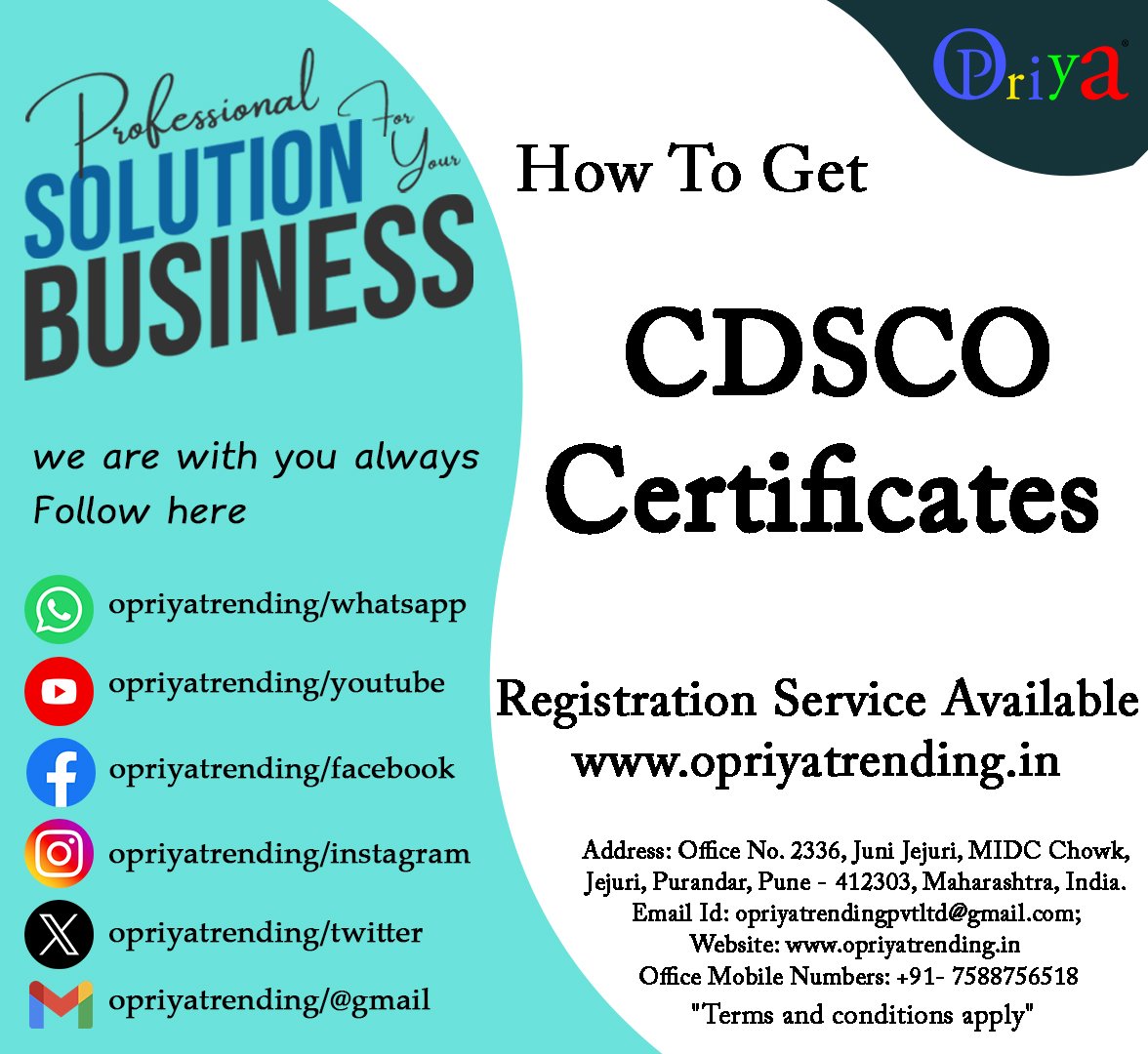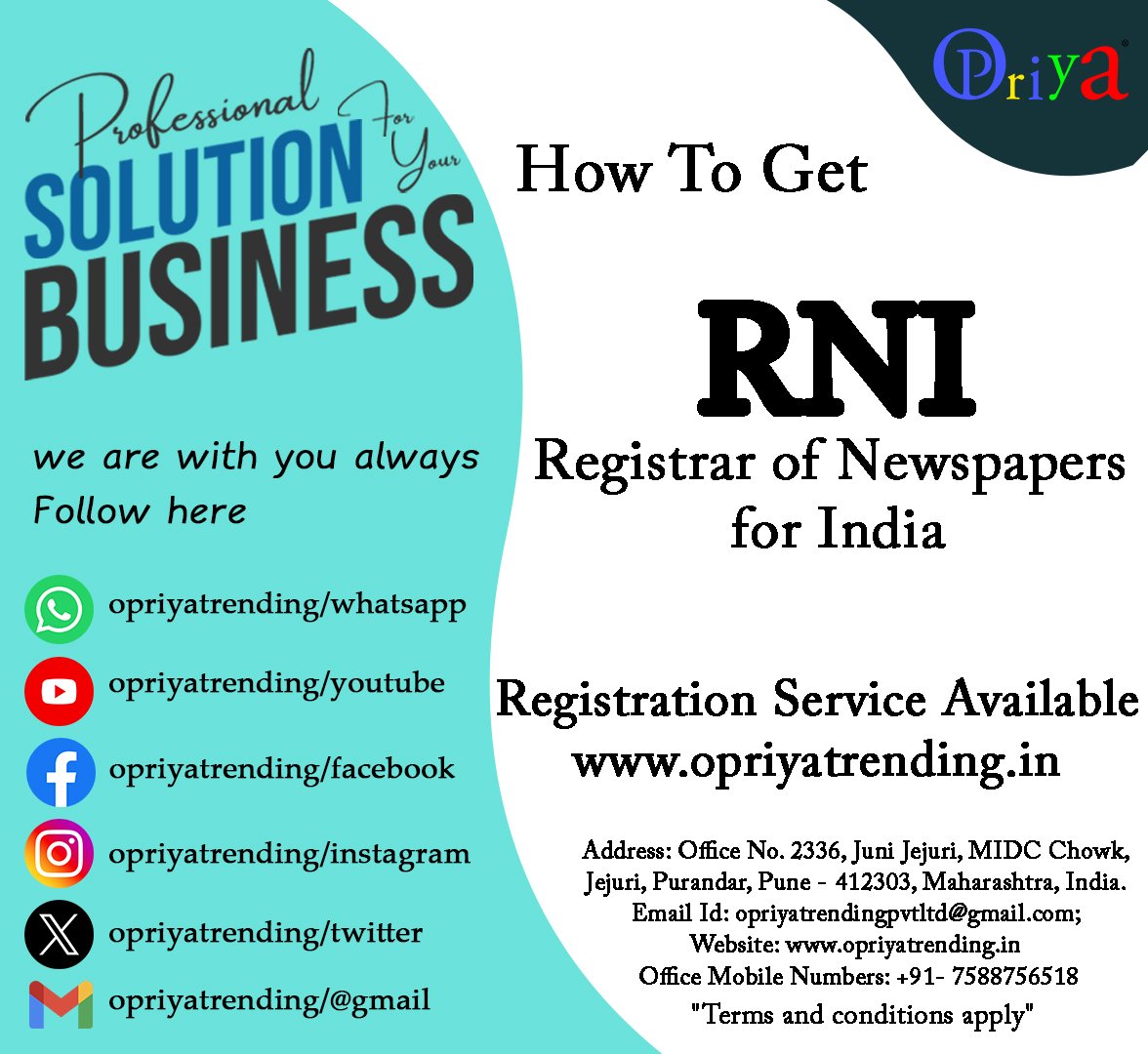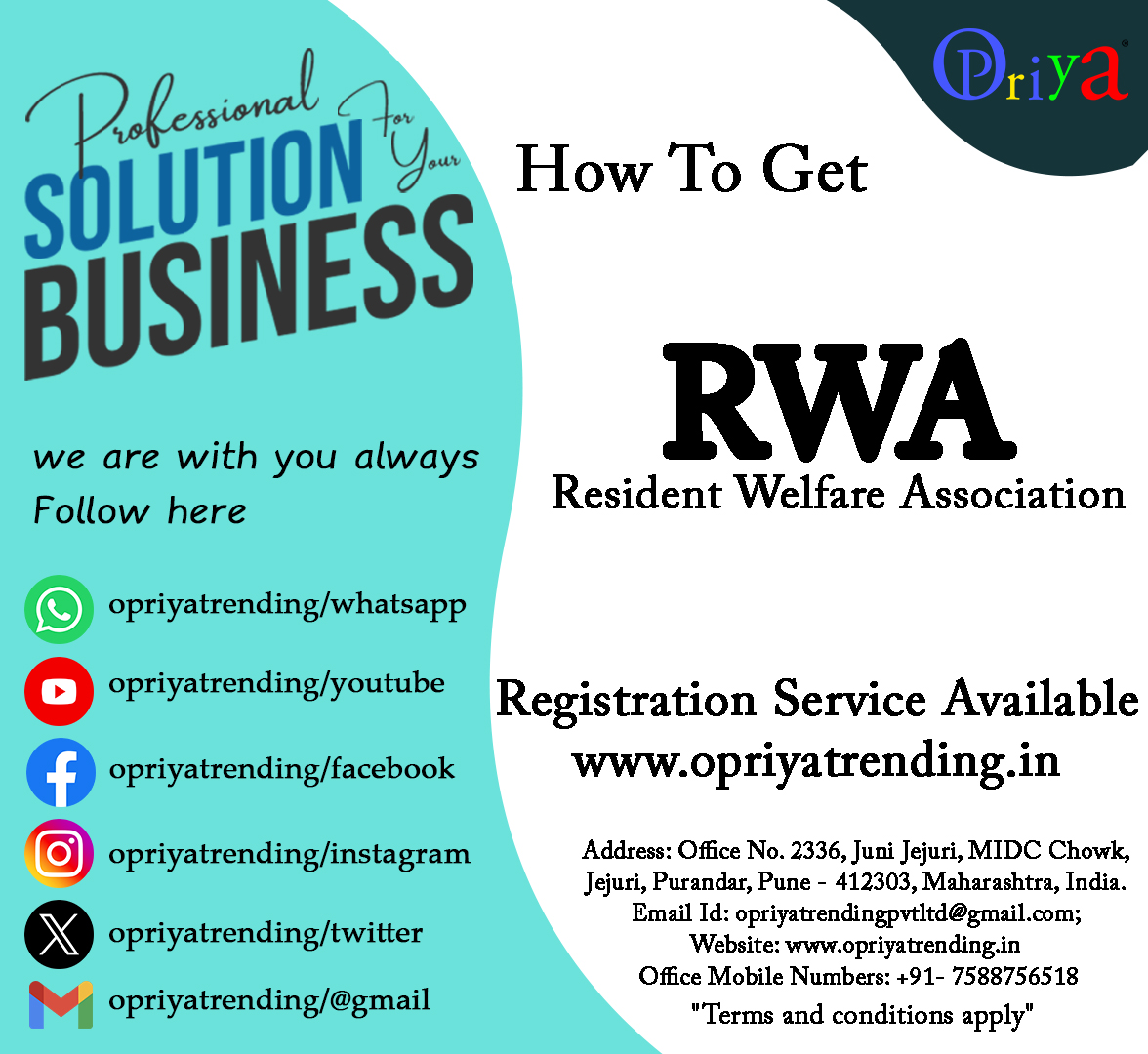HALAL Certification
Table of Contents
1. Introduction
HALAL Certification is a symbol of trust, purity, and compliance with Islamic dietary laws. Businesses that want to cater to Muslim consumers must obtain HALAL Certification. This certificate signifies that the product, process, or service adheres strictly to Islamic laws, ensuring it is “permissible” under Shariah guidelines. With the global rise in demand for HALAL Certified products, especially in the food, cosmetic, pharmaceutical, and hospitality sectors, obtaining HALAL Certification is not just a choice – it’s a necessity.
In India, where cultural and religious diversity thrives, HALAL Certification has gained importance for businesses aiming to target both domestic and international Muslim markets. Products without a HALAL Certificate often face rejection in Muslim-majority countries. To bridge this gap and help businesses gain a competitive edge, HALAL Certification offers transparency, quality assurance, and credibility.
O’Priya Trading Pvt Ltd provides a smooth and hassle-free experience for obtaining HALAL Certification. From preparing documentation to final approval, our team ensures your business meets all necessary criteria. We provide support to manufacturers, exporters, restaurants, caterers, and even logistics companies seeking HALAL Certification.
In this detailed guide, we cover everything from types of HALAL Certification, who needs it, documentation, fees, process, common mistakes, to FAQs. Discover how to get your HALAL Certification and expand your business reach today.
2. Types of Licenses Offered
There are several types of HALAL Certification based on the nature of the business and products:
- Product-Based HALAL Certification – Issued for specific products after thorough inspection of ingredients and processes.
- Manufacturing HALAL Certification – For manufacturing units ensuring all operations comply with Shariah laws.
- Restaurant HALAL Certification – For restaurants ensuring the food and preparation methods are HALAL.
- Logistics HALAL Certification – For companies involved in HALAL product storage and transportation.
- Export HALAL Certification – Essential for exporters targeting Gulf, Middle East, Malaysia, or Indonesia.
Each type ensures that the specific domain of business is in compliance with HALAL guidelines. The type of HALAL Certification required depends on your operation.
3. Who Needs These Services?
HALAL Certification is needed by:
- Food & Beverage Manufacturers
- Restaurants and Catering Services
- Exporters targeting Muslim countries
- Cosmetic and Personal Care Brands
- Pharmaceutical Companies
- Meat & Poultry Processing Units
- Hotels and Hospitality Businesses
For example, an Indian spice exporter to the UAE will need HALAL Certification to meet import standards. Similarly, a local restaurant catering to Muslim customers will gain trust and customer loyalty through HALAL Certification.
4. Why Choose O’Priya Trading Pvt Ltd a License Registration Service Provider?
At O’Priya Trading Pvt Ltd, we make HALAL Certification simple, fast, and reliable. Here’s why thousands of businesses trust us:
- End-to-End Support: From consultation to document filing.
- Expert Guidance: Our legal and industry experts ensure 100% compliance.
- Affordable Pricing: Transparent pricing without hidden charges.
- Quick Processing: Speedy documentation and coordination with HALAL boards.
- Dedicated Relationship Manager: Personalized assistance throughout the process.
We bridge the gap between your business and HALAL authorities, making sure that you are fully compliant and confident in expanding to Muslim markets.
5. Registration Process
The HALAL Certification process involves the following steps:
- Application Filing: Submit your application with business and product details.
- Document Review: Our experts review and prepare documents per HALAL norms.
- Pre-Audit Consultation: Internal audit to ensure readiness.
- HALAL Body Inspection: The authorized body visits your facility for audit.
- Compliance Check: Review of raw materials, process, and hygiene practices.
- Report Generation: Auditor submits findings to the HALAL authority.
- Certificate Issuance: Once approved, the HALAL Certification is issued.
- Renewal Reminder: We assist in timely renewal before expiry.
Timelines can vary depending on the type of product or service.
6. Required Documents
For HALAL Certification, you typically need:
- Business Registration Certificate (GST, MSME, etc.)
- FSSAI License (for food businesses)
- Product List with Ingredient Details
- Manufacturing Process Flow Diagram
- Product Packaging Labels
- Quality Assurance Certificate
- NOC from Local Authorities (if required)
- List of Suppliers & Raw Materials
- Photographs of Manufacturing Unit
- Authorization Letter (for consultants)
Each document plays a critical role in verifying HALAL compliance.
7. Cost Involved (Professional fees)
HALAL Certification costs depend on:
- Type of Certification
- Size of Business
- Number of Products
- Audit Requirements
Typically, the cost ranges between INR 15,000 to INR 50,000. O’Priya Trading Pvt Ltd offers:
- Basic Package: INR 15,000 (for small businesses)
- Premium Package: INR 30,000 (for exporters)
- Customized Package: As per business need
We guarantee cost-effectiveness without compromising quality.
8. Payment Refund Policy
Payments made for HALAL Certification processing are non-refundable. However, we provide a 30-day service guarantee. If delays occur due to our error, we offer free re-processing. For third-party delays (e.g., audit body), we coordinate effectively to expedite the matter.
9. Terms and Policy
All services are governed by the terms laid out at [opriyatrending.in]. Clients must:
- Provide truthful and complete information.
- Cooperate during audits and verification.
- Understand that HALAL board decisions are final.
We reserve the right to refuse services in cases of non-compliance or fraud.
10. Time Taken
The average time for HALAL Certification is:
- Food Products: 15-20 working days
- Cosmetics/Pharma: 20-25 working days
- Exporters: 10-15 working days (priority process)
Delays may occur based on audit availability or document discrepancies. We ensure regular updates.
11. Common Mistakes to Avoid
Avoid these common yet costly mistakes during HALAL Certification:
- Submitting Incomplete Documents: Leads to rejections.
- Incorrect Ingredient Listing: Non-HALAL components can result in denial.
- Ignoring Internal Audit: Always perform a mock audit.
- Unhygienic Practices: HALAL audit focuses heavily on cleanliness.
- Missing Renewals: Certification expires – timely renewal is a must.
With expert help from O’Priya, these pitfalls can be easily avoided.
12. Call-to-Action
Take the First Step Toward Global Recognition with HALAL Certification!
Contact O’Priya Trading Pvt Ltd today:
📧 Email: opriyatrendingpvtltd@gmail.com
📞 WhatsApp: +91 7588756518
📚 Facebook: facebook.com/opriyatrending
🌐 Visit: opriyatrending.in
Apply now and expand confidently into HALAL markets!
13. FAQs
Q1. What is HALAL Certification?
HALAL Certification confirms that a product or service meets Islamic laws, making it permissible for Muslims to consume or use.
Q2. Who issues HALAL Certification in India?
Authorized bodies like JAMIAT ULEMA-I-HIND HALAL TRUST and HALAL INDIA are certified to issue HALAL licenses.
Q3. Is HALAL Certification mandatory for export to Gulf countries?
Yes, for food and cosmetics, HALAL Certification is often mandatory in Muslim-majority nations.
Q4. How long is the HALAL Certificate valid?
Generally valid for 1 year; renewal required annually.
Q5. Can small businesses apply for HALAL Certification?
Yes. Even home-based food businesses can obtain HALAL Certification.
Q6. Can I use the HALAL logo after certification?
Yes. Once certified, you may legally use the HALAL logo on packaging.
Q7. Do you offer nationwide service?
Yes. O’Priya Trading Pvt Ltd supports businesses across all states in India.
Q8. Do I need a separate HALAL Certificate for each product?
Yes, each product requires evaluation unless grouped under the same category.
Q9. What happens if my application is rejected?
We will revise and resubmit your application without additional charge.
Q10. What support do I get from O’Priya after certification?
We provide renewal reminders, updates on standards, and re-certification assistance.
O’Priya Trading Private Limited: All India License Registration Service Provider
In today’s complex regulatory landscape, obtaining licenses and regulatory approvals in India has become more essential than ever for businesses, institutions, and individuals. Whether it’s an arms license, FSSAI registration, company incorporation, or compliance with the latest government norms, having the right license determines your legitimacy, credibility, and operational capacity.
One company leading this transformation by providing seamless, reliable, and legally compliant license registration services across India is O’Priya Trading Private Limited. With a strong commitment to transparency, process efficiency, and client satisfaction, O’Priya Trading Pvt. Ltd. has emerged as a trusted name in the Indian licensing domain.
🔷 Company Overview
Legal Name: O’Priya Trading Private Limited
Nature of Business: License Registration, Compliance Advisory, Government Liaison Services
Operational Scale: Pan-India
Head Office: Registered in India, with service availability across all states and union territories
📞 Call-to-Action (CTA) – Apply Now with Confidence!
Ready to secure your Licence Apply with Full Confidence in All Indiaa?
👉 Contact Us Today!
📧 Email: opriyatrendingpvtltd@gmail.com
📱 WhatsApp: +91 7588756518🔗 Website: https://opriyatrending.in👍 Facebook: O’Priya Trading Pvt Ltd
Apply with Full Confidence in 2025.
🏛️ What Does O’Priya Trading Pvt Ltd Do?
O’Priya Trading Private Limited specializes in license registration services across India, offering a full range of end-to-end solutions to institutions, businesses, and individuals seeking regulatory permissions and licenses. From document preparation to submission, legal verification, and post-approval compliance, they serve as a single-window license consultancy provider.
🗺️ Pan-India Service Coverage
What makes O’Priya Trading unique is its all-India licensing facilitation network. Unlike regional agencies that operate within narrow jurisdictions, O’Priya has built an operational capacity to deliver services in every Indian state and union territory.
🌍 States Served Include:
- Delhi, Maharashtra, Uttar Pradesh, Gujarat, Rajasthan, Madhya Pradesh, Karnataka, Tamil Nadu, Kerala, Telangana, Punjab, Haryana, Assam, West Bengal, Bihar, Jharkhand, Odisha, Chhattisgarh, and more.
🏢 Cities with Active Clients:
- Mumbai, Pune, Delhi, Hyderabad, Bangalore, Kolkata, Ahmedabad, Chennai, Jaipur, Lucknow, Bhopal, Indore, Surat, Patna, and others.
Through a digital-first approach, coupled with experienced local legal liaisons, O’Priya ensures consistency in documentation, faster government approvals, and responsive client support.
💡 Why Clients Trust O’Priya Trading Pvt Ltd
1. ✅ Transparency & Ethics
🔒 100% Transparent | No Hidden Fees | Pan-India Services We believe in:
- Clear timelines
- Upfront pricing
- Honesty about payment policies (non-refundable, refundable, no surprises)
- Total confidentiality
2. 🧾 Documentation Expertise
Most license applications are delayed due to incomplete, incorrect, or improperly formatted documents. O’Priya’s legal consultants help you prepare foolproof documentation as per the latest formats demanded by regulatory bodies.
3. 🧑⚖️ Government Liaison
Whether it’s a district magistrate’s office, arms licensing authority, food safety department, or ROC office, O’Priya has built solid working relationships with relevant departments across states.
4. 🚀 Quick Turnaround
With strong process knowledge and digital tools, O’Priya delivers faster application submissions, consistent follow-ups, and streamlined approvals—ensuring minimal disruption to your business.
5. 💬 Client-Centric Support
They offer multi-channel communication: WhatsApp, email, video calls, and in some cases, in-person assistance. Clients are never left guessing about the status of their application.
📂 Service Flow: How It Works
Step 1: Free Consultation
Client reaches out via WhatsApp or email. A dedicated case manager responds with guidance and documentation checklist.
Step 2: Document Compilation
The team helps the client gather and format all required documents—identities, justifications, organizational registrations, etc.
Step 3: Application Filing
Forms are filled and submitted either physically or digitally, depending on the department’s workflow.
Step 4: Verification Support
Whether it’s a police inquiry or local office inspection, the team ensures you’re prepared and compliant.
Step 5: Approval & Delivery
Once approved, the license or certificate is collected and shared with the client via secure channels. Renewals and annual compliances are also managed, if opted for.
🔍 Industries Served
| Industry | Licenses Provided |
| Security | PSARA, Arms License |
| Food & Beverages | FSSAI, Shop Act, GST |
| Manufacturing | Factory License, Pollution NOC |
| Healthcare | Drug License, Biomedical Waste License |
| Retail & E-commerce | GST, MSME, Trademark |
| Education/Training | Arms License (Training), ISO, Accreditation support |
This industry-specific approach helps clients get exactly what they need—no more, no less.
📊 Success Metrics (As of 2025)
- ✅ 4,000+ Licenses Approved
- ✅ 95% Success Rate on First Submissions
- ✅ 100+ Cities Served
- ✅ 40+ License Categories Covered
- ✅ 500+ Institutional Arms Licenses Facilitated
🔄 Annual Compliance Services
Beyond just registration, O’Priya also offers post-licensing support, such as:
- Annual license renewals
- Change of address or ownership updates
- Firearms inspection audit preparation
- Document maintenance and digital filing
- Regulatory upgrades (as per rule changes)
This holistic approach ensures clients remain compliant even after license issuance.
📌 Why Choose O’Priya Over Others?
| Feature | O’Priya Trading Pvt Ltd | Typical Local Agent |
| Service Reach | Pan-India | Limited to district/state |
| Process Transparency | High (With Updates) | Often vague or hidden |
| Legal Expertise | Qualified Advisors | Informal guidance |
| Communication | Email, WhatsApp, Call | Mostly phone |
| Refund/Policy Clarity | Documented Terms | Unclear or non-existent |
| Renewal Reminders | Included | Rarely provided |
For businesses and institutions who cannot afford non-compliance or delays, O’Priya offers institutional-grade service quality at competitive prices.
🧭 Vision and Future Outlook
O’Priya Trading Pvt Ltd envisions becoming India’s most trusted regulatory compliance partner. With ongoing investments in:
- AI-based document automation
- Online dashboards for tracking license status
- Partnerships with regional lawyers and consultants
- Digital KYC and identity verification tools
…they aim to make India’s license ecosystem simpler, faster, and corruption-free.
Call-to-Action (CTA) – Apply Now with Confidence!
Ready to secure your Licence Apply with Full Confidence in All Indiaa?
👉 Contact Us Today!
📧 Email: opriyatrendingpvtltd@gmail.com
📱 WhatsApp: +91 7588756518🔗 Website: https://opriyatrending.in👍 Facebook: O’Priya Trending Pvt Ltd
Apply with Full Confidence in 2025.
🛡️ Legal. Reliable. Fast. That’s the O’Priya Promise.
📋 List of Services (with Reconstructed Links)
Below is the categorized list of services as per the website’s usage index. Where possible, we’ve added direct or pattern-based links.
1. Arms License Services
- Arms for Individual License Registration
- Arms for Institution License Registration
- Arms for Sports License Registration
- Arms for Dealers License Registration
- Weapons Manufacturing License Registration
2. AYUSH License
- AYUSH Loan & Others License
- AYUSH Manufacturing License
- AYUSH Distribution License
- AYUSH Clinic License
- AYUSH Retail License
3. BIS/ISI/ISO Certifications
4. Compulsory Registrations
- MSME/Udyam Registration
- Startup India Registration
- FSSAI Registration (Central/State)
- Legal Entity Identifier Code
- Trade License
- Fire License
- Digital Signature
- ICEGATE Registration
- FCRA Registration
- 80G and 12A Registration
5. DOT/Telecom Licenses
- ISP License
- NLD/ILD License
- UL VNO License
- PM-WANI Registration
- SACFA Clearance
- IP-1 Registration
- TEC Certificate
- AGR Return Filing
6. Drug License
7. Electrical License
8. GST & Taxation
9. IPR Services (Trademark, Copyright, Patent)
- Trademark Registration
- Trademark Objection Reply
- Patent Filing (Provisional/Complete)
- Copyright Registration
- Design Registration
10. Liquor License
11. MCA Services
- Private Limited Company Registration
- LLP Registration
- OPC Registration
- Annual MCA Compliance
- Company Closure
12. PESO License
13. PSARA License
14. Pollution Control
15. Regulatory Bodies
- NBFC Registration (RBI)
- FFMC & P2P Lending
- Legal Metrology Packager License
- IRDAI Corporate Agent License
📞 Contact O’Priya Trading Pvt Ltd Today
👉 Contact Us Today!
📧 Email: opriyatrendingpvtltd@gmail.com
📱 WhatsApp: +91 7588756518🔗 Website: https://opriyatrending.in👍 Facebook: O’Priya Trending Pvt Ltd
🛡️ Legal. Reliable. Fast. That’s the O’Priya Promise.
💖 Why opriyatrending.in is More Than Just a Service Platform
In a country as vast and complex as India, navigating government registrations can feel overwhelming, stressful, and even hopeless at times. But opriyatrending.in doesn’t just offer “services.” It offers reassurance, clarity, and a sense of control—when you need it most.
🛑 The Fear of Rejection, Delays, and Loss
You might have tried applying for licenses yourself before—endless documents, non-responsive departments, confusing portals. It can leave you feeling:
- ❌ Lost in bureaucracy
- ❌ Afraid your business will never take off
- ❌ Unsure who to trust
O’Priya Trading Pvt. Ltd. understands this fear—and fights it by giving you the guidance you were never offered before.
💪 A Partner in Your Growth Journey
Whether you’re a dreamer starting your first startup, a farmer protecting your land, a doctor opening a clinic, or a dealer building your future—this company walks beside you.
- They help you register your identity
- They protect your investment
- They stand between you and the wall of red tape
When opriyatrending.in helps you get your license, they’re not just checking boxes. They’re helping you move forward with confidence.
🧠 A Calm Voice When Everything Feels Chaotic
In a system full of delays, errors, and vague processes, opriyatrending.in offers:
- 🧾 Clear documentation guidance
- 🕐 Honest timelines
- 📞 A human voice when you call or WhatsApp
When you’re in a crisis—whether it’s a license rejection or urgent compliance—they don’t ignore you. They respond. They care.
🌱 Your Dreams Deserve to Be Legal, Protected, and Empowered
Every license, every registration, every clearance—represents a life goal.
It’s your right to:
- Own a weapon for protection
- Start a small company
- Launch a new StartUp company
- Open a food business legally
- Register a company and pass it on to your children
Opriyatrending.in ensures that no dream is delayed because of red tape.
🔗 It’s Not Just a Website It’s a Lifeline.
📍 When you open opriyatrending.in, you’re not just clicking on a page.
You’re saying:
“I’m ready to take a step toward my dream, but I need help.”
And that’s exactly what O’Priya Trading Pvt. Ltd. is here for.
📞 Contact O’Priya Trading Pvt Ltd Today
👉 Contact Us Today!
📧 Email: opriyatrendingpvtltd@gmail.com
📱 WhatsApp: +91 7588756518🔗 Website: https://opriyatrending.in👍 Facebook: O’Priya Trending Pvt Ltd
🛡️ Legal. Reliable. Fast. That’s the O’Priya Promise.

